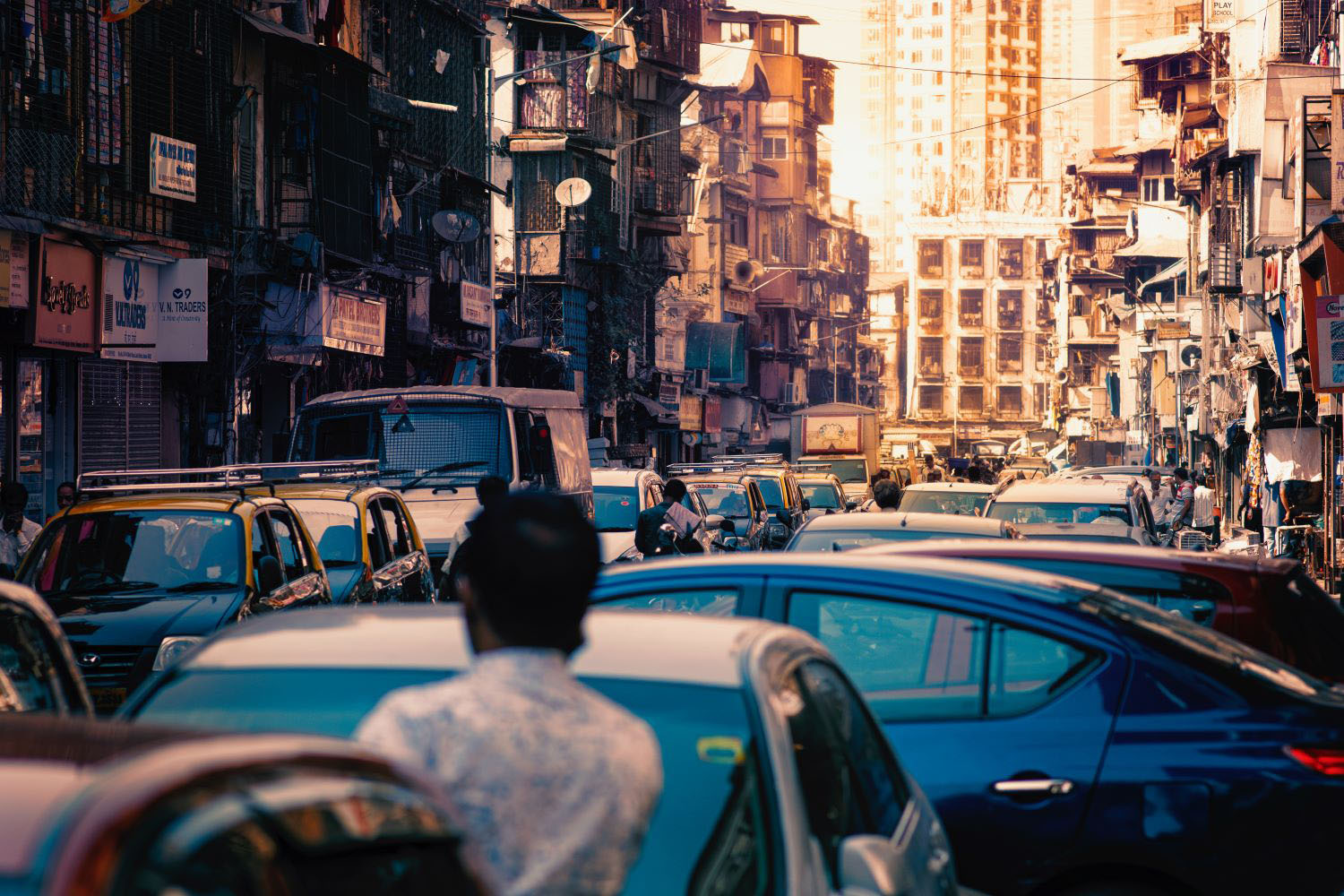I am afraid I disagree rather strongly with Michael Clemens argument that the current financial crisis will matter little to long term growth and thus to global poverty.
Michael is correct when he notes that there are crises whose effect is short- lived. But there are also plenty of crises whose negative impact lasts for years before they are reversed (if they ever are). The so-called Tequila crisis in Mexico in the mid-nineties was, as Michael notes, short-lived. But the Latin America debt crisis of the 1980s has had lasting effects on living standards and human capital.
Between 1983 and 1988 real wages in Mexico and many other Latin American countries cumulatively fell by between 40 and 50 percent. In many instances real wages did not recover until 10 or 15 years later. Between 1984 and 1989 the incidence of extreme poverty in Mexico rose from 14 to 17 percent and increased further during the Tequila crisis; extreme poverty only fell below 14 percent in 2004, 22 years after the crisis started. The Gini measure of inequality rose from .49 to .54 between 1984 and 1989. (I explore these and other issues in my 1998 book, Mexico: The Remaking of an Economy
Recently Mexico’s Gini has declined but it is still above .51. In addition, average years of schooling during the 1980s grew at a slower pace than before. In one of its publications, the IDB showed that the "lost decade" in Latin America had lasting effects on poverty because of the negative impact that the debt crisis had on education and nutrition.
My point is that we should not think that all crises are alike. Some crises generate lasting negative (and also positive, by the way) effects. The effects of the current financial crisis, I am afraid, might be more profound and last longer than we wish. We don't really know how extensive the financial deleveraging will be and how much the financial crisis will negatively affect the real global economy. Under the circumstances, we should think through what the possible scenarios are -- including the worst-case scenario -- and analyze what might happen to developing countries (particularly the poorest ones) in each case.
CGD blog posts reflect the views of the authors, drawing on prior research and experience in their areas of expertise.
CGD is a nonpartisan, independent organization and does not take institutional positions.





